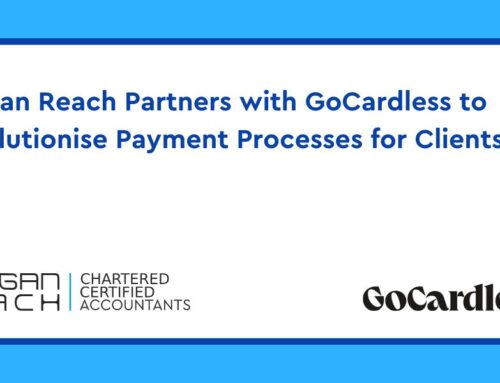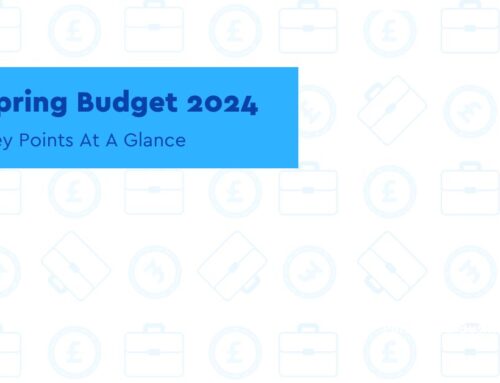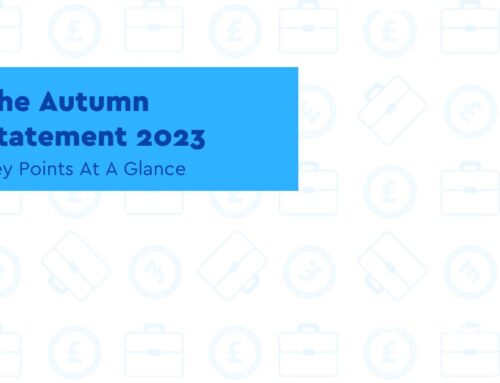During these very difficult times, viable businesses are looking in all directions for funding. This could be achieved in a number of different ways, such as Government backed loans and grants, Funding Circles or through businesses jumping through HMRC hoops so they qualify as Enterprise Investment Scheme companies, which, in turn, may entice the discerning investors to make that investment leap. All of these options have their merits, but for one reason or another, they may either not be suitable for the business or the investor or both. In some cases, the level of investment/funding may be insufficient to meet the needs of the business.
A much-forgotten option could be going down the Investors’ Relief route.
- An unlisted UK trading company or a holding company of a trading group could seek investment this way. It does not matter what type of trade the company is involved in. Therefore, certain businesses involved in property development, hotels or farming, for example, who can’t seek investment via the Enterprise Investment Scheme route, could potentially do so using the Investors’ Relief incentive.
- The investor could be an individual or the investment could even be via an Interest in Possession Trust.
- The investor would subscribe for ordinary shares in the company.
- As a shareholder they can be paid dividends and, if they hold on to the shares for at least 3 years, any gain they make on the sale of those shares, up to a lifetime limit of £10 million, would attract a Capital Gains Tax rate of only 10%. This is more attractive than the present Business Asset Disposal Relief (formerly known as Entrepreneurs Relief) which attracts the 10% Capital Gains Tax rate on a lifetime limit gain of £1 million and also requires an active involvement with the business.
The legislation has tax avoidance clauses within it to try to ensure that the investment is for genuine commercial reasons.
- The investor or a member of their family should not be employed by the relevant company at the time of the investment or within 180 days of the investment being made.
- At the time of subscribing for the shares there should have been no reasonable expectation that either the investor or the family member would be employed by the company. Therefore, it is preferable that they did not have an active role in the business.
This opportunity for both the investor and the company seeking such investment should be looked at in the great surround of all the other possibilities out there, some of which have been mentioned earlier in this article.
If you are a company seeking investment/funding or an investor looking at making such an investment, come and have a chat with us and we will be happy to report on the relevant qualifying criteria needed to access the best tax result and incentive for both the company and the investor alike.







